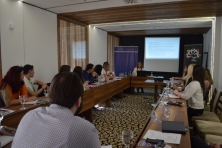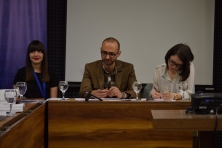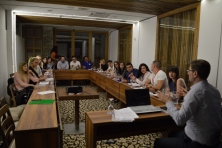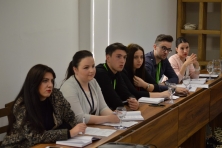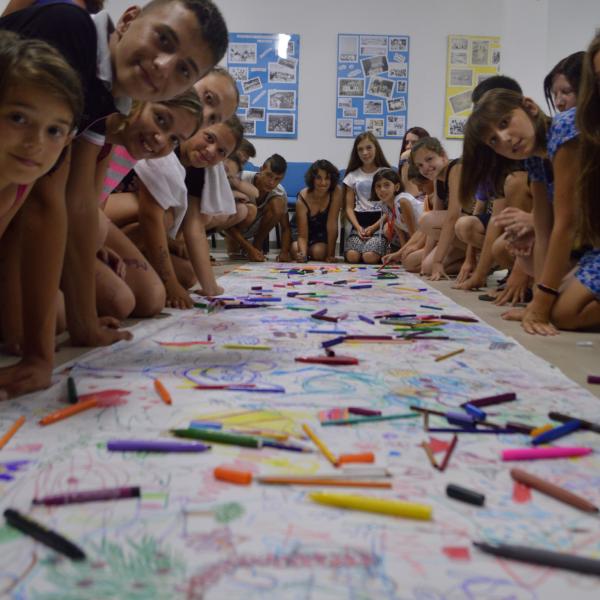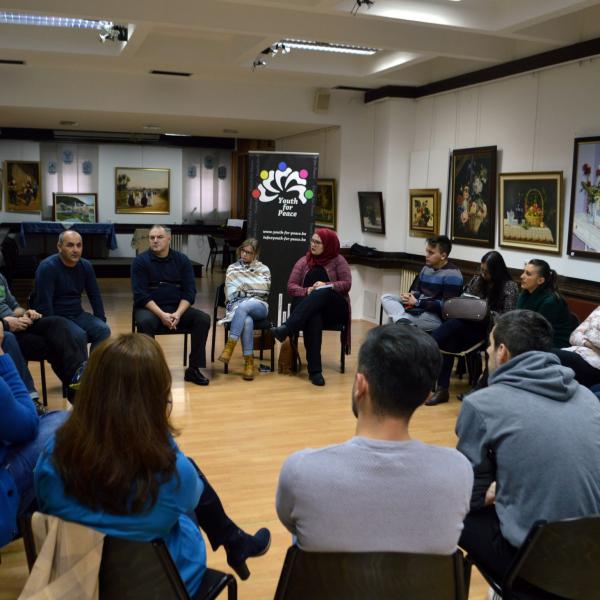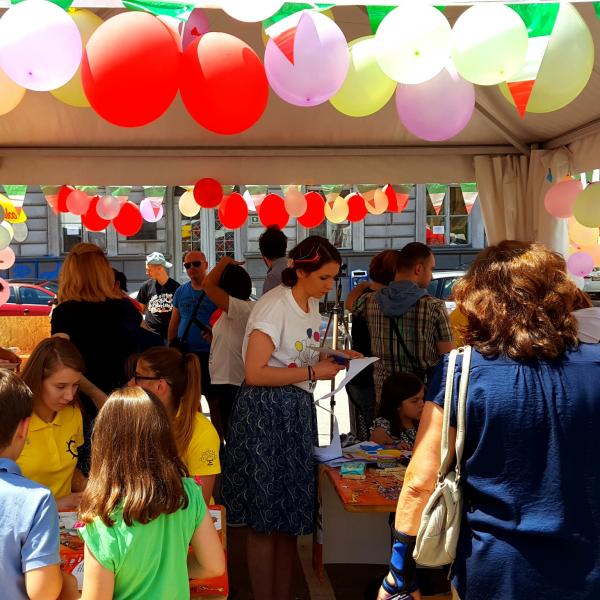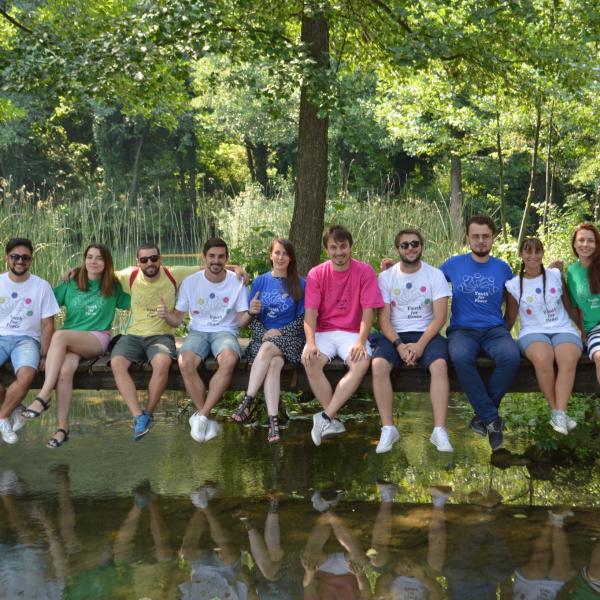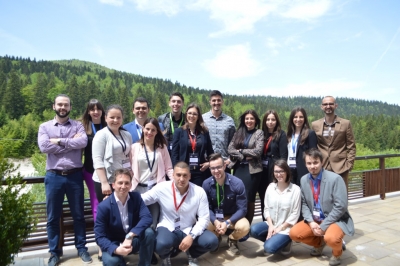
On the first day students had the opportunity to meet each other, but also to listen to the great lectures. During the first session with Ms Elma Veleder Arifagić, a lawyer with long term experience at the European Court of Human Rights, spoke about what is the European Court, what are the legal requirements for the application submission, the Court’s decision-making process, and what the European Convention on Human Rights is. The second session was dedicated to the theme "Freedom of religion - legal sources and practice of the European Court of Human Rights in Strasbourg and BiH" through lectures of Mr Emir Kovačević.
On the second day students were given hypothetical case, and as the representatives of the two sides in dispute (the Applicants and the State) they prepared their arguments through law studies, researching international instruments, documents and case law, so they could present themselves to the European Court of Human Rights.
The first session of the third day was reserved for the Moot Court Simulation, during which students showed and presented excellent work and arguments before the members of the European Court of Human Rights. After the simulation they got the new hypothetical case, and as the group they expressed their opinion and judgment as the Grand Chamber of the European Court of Human Rights. Moderator during the third day was senior assistant at the Law Faculty University of Sarajevo Mr Damir Banović, who also helped students to understand better ways and process of making and writing judgments.
Throughout the whole seminar, students discussed about what does constitutes a powerful religious symbol, whether the states have right to interfere with the freedom of individuals, what is the public interest and why is it important, where to draw freedom boundaries, related with where discrimination starts, as well as other important questions. After evaluation and conclusions, plans for the new meetings and organizing similar events are already under consideration, and Youth for Peace will certainly do its best to meet the expectations, and to organize similar seminars in the near future.




